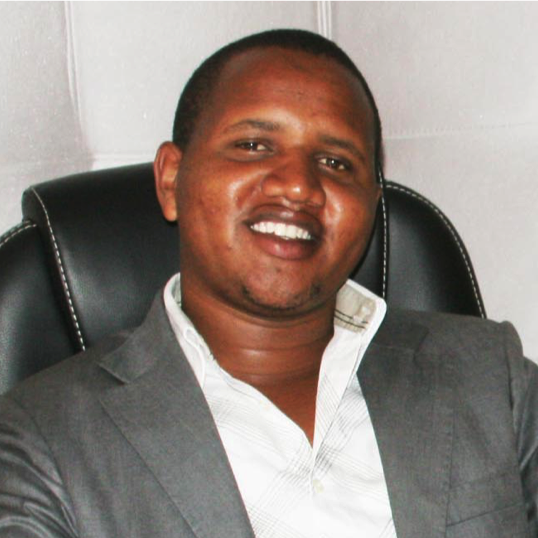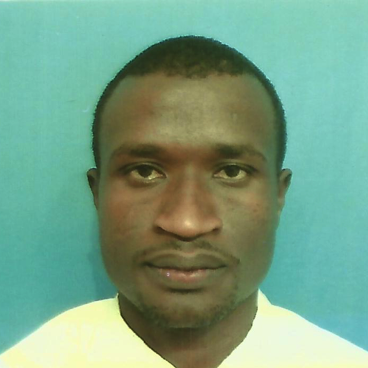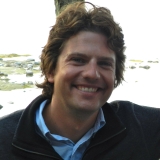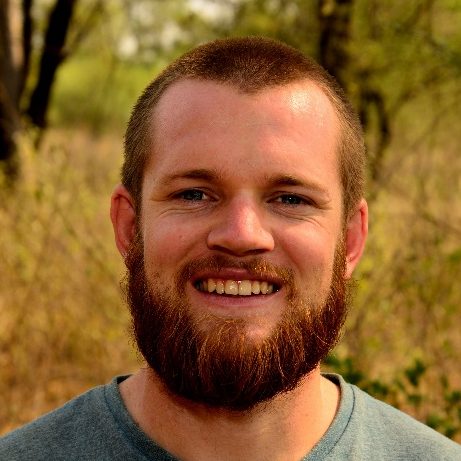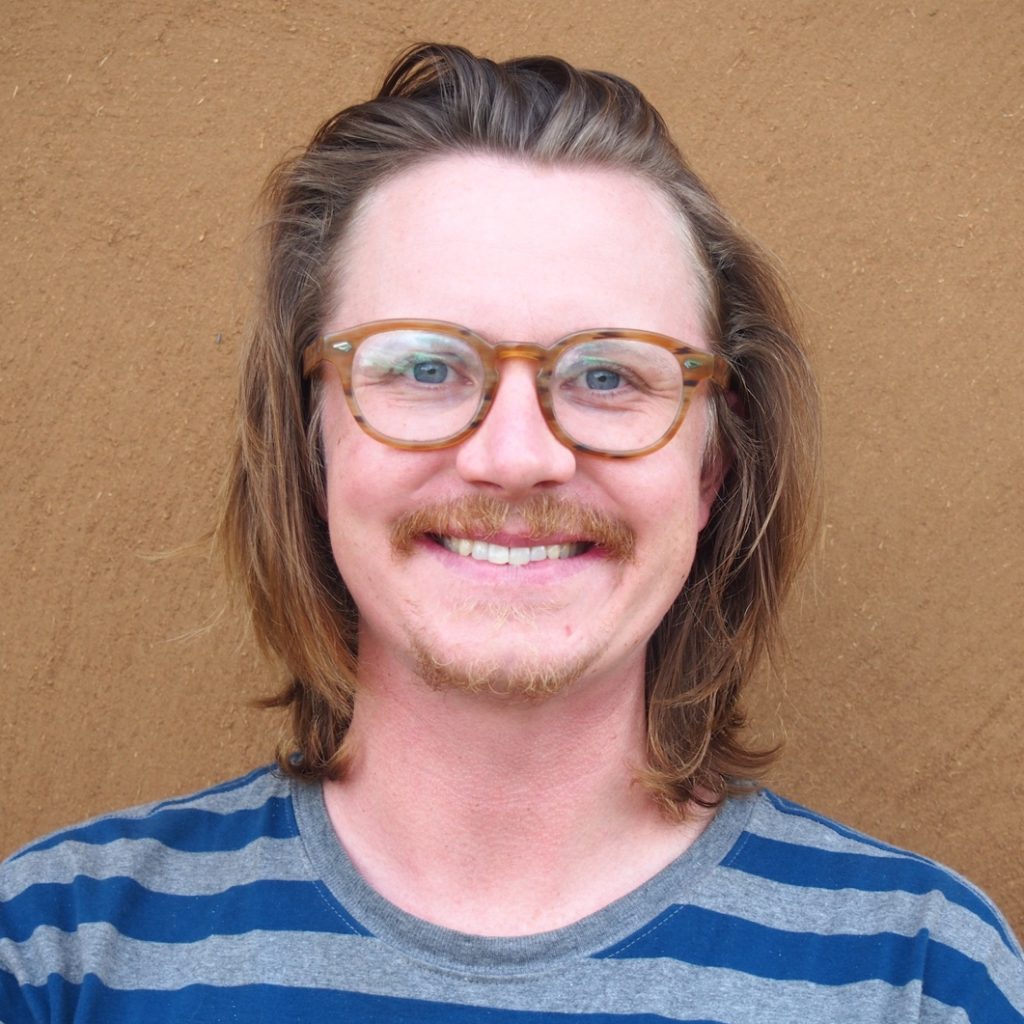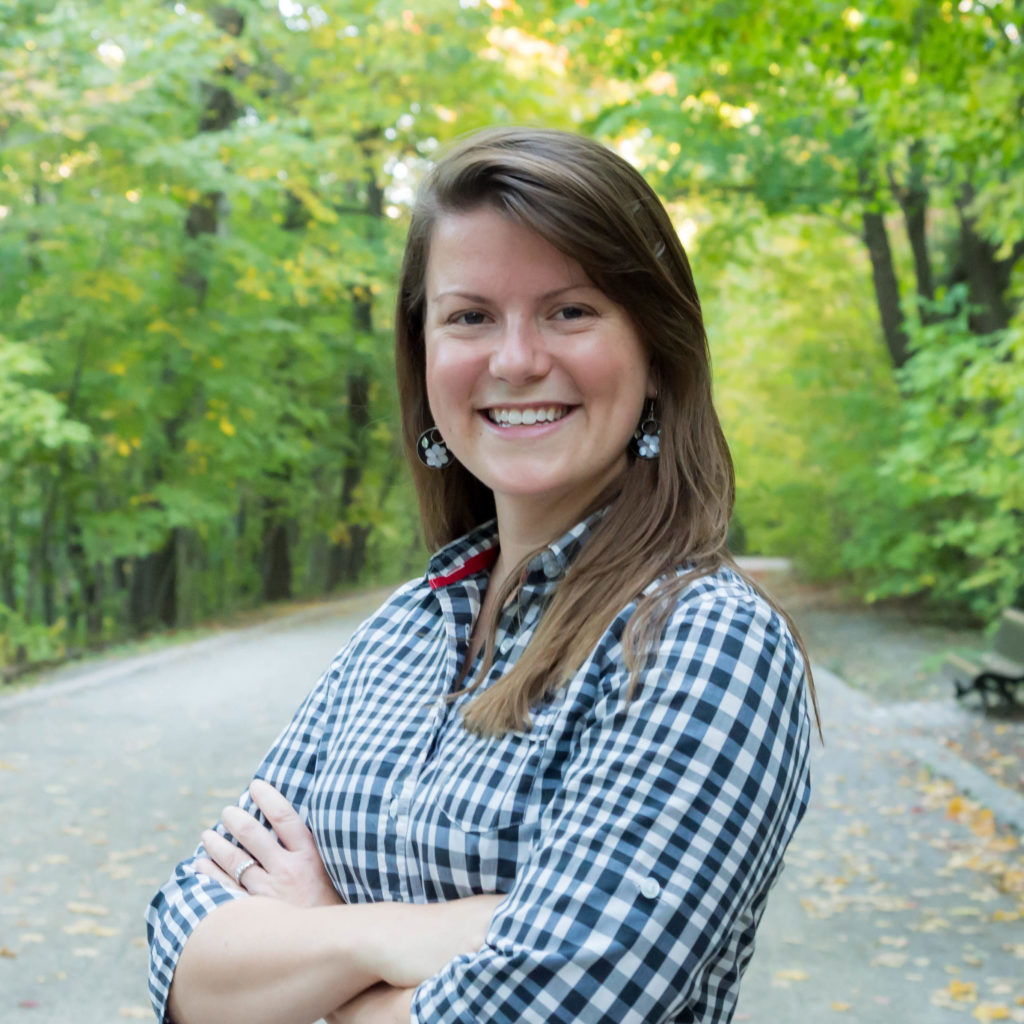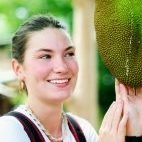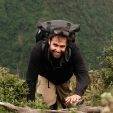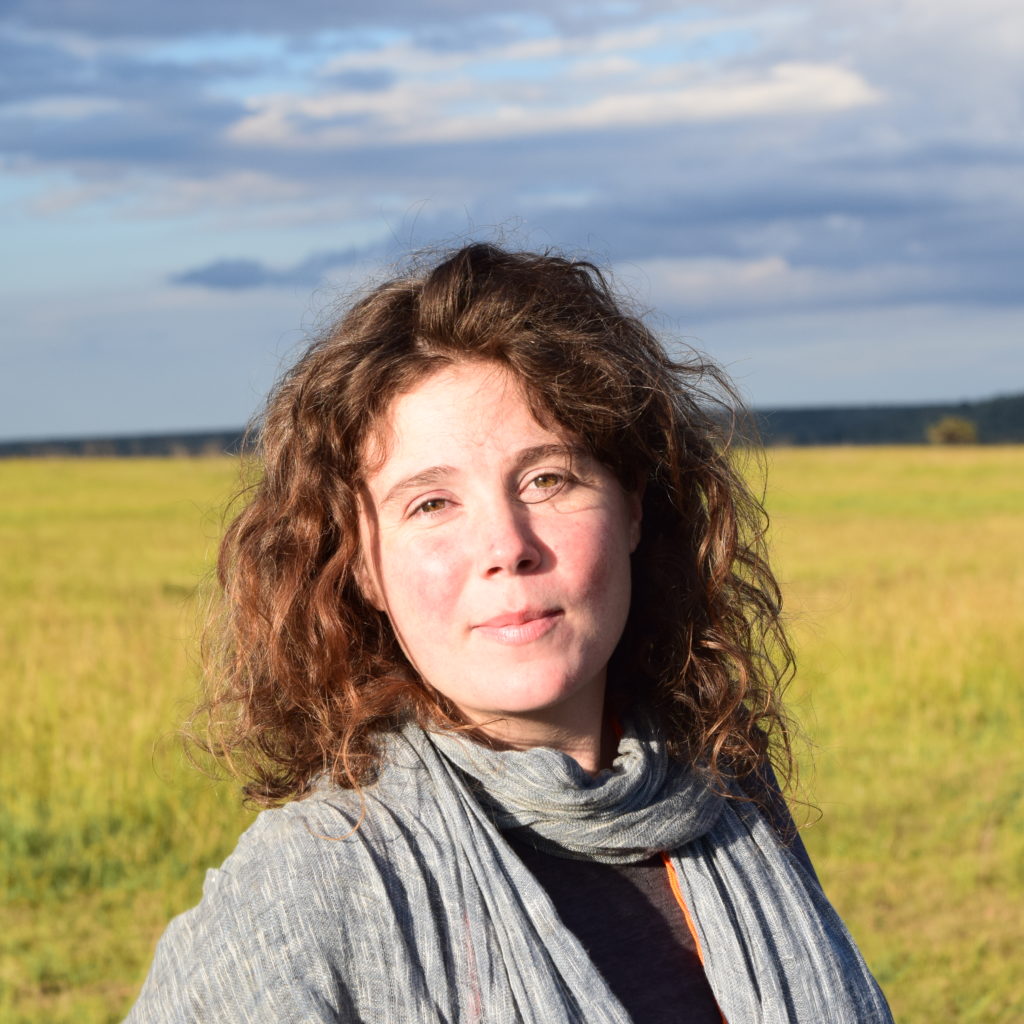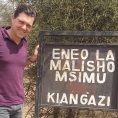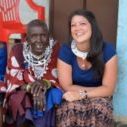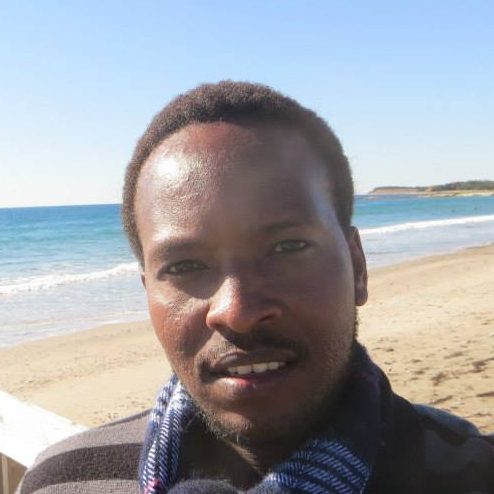![$panel['image']['alt']](https://www.icanconserve.org/wp-content/uploads/2018/03/IMG_6269-e1521493095226-1024x491.jpg)
Students and interns
Click on the thumbnails below to read more about the students and interns working with I-Can.
Click here to see a map of where I-CAN Students’ and Interns’ research is based.
Graduate students with I-CAN Scholarships
Kariuki Kirigia
PhD, Department of Anthropology, McGill University, Canada
Start Date: September 2015.
Supervisor: Prof. John Galaty
Research Title: [coming soon]
Research Summary: The Maji Moto Group Ranch in Narok County was recently subdivided, but the land subdivision process has been repealed following grave allegations of unfair land allocation. Land subdivision will be carried out anew, and my research will be looking into how this second land subdivision process will be carried out, and the subsequent impacts of private landholdings on local livelihoods and biodiversity conservation.
Role in the Project: Graduate student, ICAN-Internships Coordinator
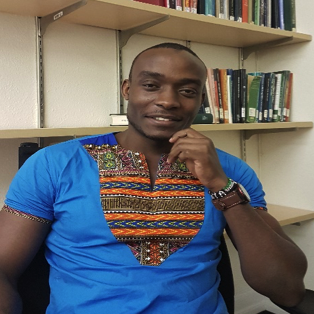
Klerkson Okomboli Lugusa
PhD, Department of Natural Resource Sciences, McGill University, Montreal, Canada
Klerkson Okomboli Lugusa
PhD, Department of Natural Resource Sciences, McGill University, Montreal, Canada.
Supervisor: Prof. Nicolas Kosoy
Start: September 2016.
Research title: Institutions in Public-Private Partnerships for Natural Resources Conservation, Management and Use: A Case Study of the Northern Rangelands of Kenya
Research summary: In Kenya, the government, through the Kenya Wildlife Service (KWS), is the custodian of all wildlife resources irrespective of the land tenure system on which these resources are found or traverse. Outside of protected areas (PA), on communal and private lands, those living with and utilizing wildlife resources are known to incur considerable costs in their management. Thus, partnerships or joint-management, with a view of effectively managing wildlife resources, between pastoral communities and the public/private sector is a common feature. This occurrence is not an exception to Northern Kenya counties which harbour some of country’s valuable wildlife species. With a view of making a contribution to the body of science besides influencing policy and decision-making processes regarding wildlife conservation and management, this study aims to explore compensatory arrangements in wildlife management partnerships. Specifically, the study will dig deeper into the issues of efficiency, effectiveness, equity and legitimacy of partnerships as institutions in wildlife management.
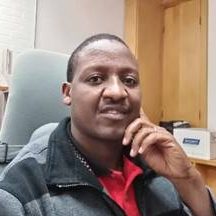
Daniel Salau Rogei
PhD, Department of Sociology and Anthropology, Carleton University, Ottawa, Canada
Daniel Salau Rogei
PhD, Department of Sociology and Anthropology, Carleton University, Ottawa, Canada.
Started: Sept 2016
Expected Finish: Sept 2020
Supervisor: Prof. Blair Rutherford
Working Title: Coping with change: Conservation and livelihoods at cross roads – Case of the Maasai, Amboseli Ecosystem, Kenya.
Research Summary: Amboseli ecosystem is unique and rich in biodiversity, supporting both the wildlife and the livelihoods of the Maasai pastoralists living around the protected area. The community land provide a buffer zone for wildlife grazing, creating a delicate but compatible symbiotic relationship between the two forms of land use. This dualistic land use, has increasingly experienced immense pressure due to various factors which forms the basis of my research with a view to contribute to the discourse of addressing the human-wildlife survival in the midst of change.

Suzan Yusufu Magita
MSc. Management of Natural Resource for Sustainable Agriculture, Sokoine University of Agriculture, Morogoro, Tanzania
Suzan Yusufu Magita
MSc. Management of Natural Resource for Sustainable Agriculture, Sokoine University of Agriculture, Morogoro, Tanzania
Started: Sept 2015
Expected Finish: Sept 2017
Bio:
Suzan is a Range Scientist by profession. She holds a bachelor’s degree in Range Management, from the Sokoine University of Agriculture, Tanzania.
I enjoy dealing with natural resources including forests, wild and domestic animals. I have ambitions of becoming among the world’s pioneers on the protection of natural resources to ensure that the world continues to be a conducive environment for human habitation.
The world has recently experienced a massive climatic change that has resulted in a decrease, and in some places, a total destruction of resources which are a part and parcel of human well-being and survival. This includes for instance water sources and all flora and fauna (biodiversity). To be part of the solution, especially through the dissemination of knowledge on the protection of the environment to people in my community and nation at large, I am pursuing my MSc course in Management of Natural Resource for Sustainable Agriculture.
With my professional training, I’ve so far taken part in practical training at National Ranching Company (NARCO), Kongwa Ranch, Dodoma Region in the management of grazing lands. Also, training at Ngerengere Livestock Multiplication Unit, Morogoro Region on rangeland inventory and conflict management between farmers and pastoralists. Moreover, in Kiteto, Manyara I worked with the district livestock officer to solve the conflict between farmers and pastoralists and visiting the pastoralists to advise them on the reduction of animals.

Jennifer Simpano Nkopio
BSc, Environment and Natural Resource Management, Africa Nazarene University, Nairobi, Kenya
Jennifer Simpano Nkopio
BSc, Environment and Natural Resource Management, Africa Nazarene University, Nairobi, Kenya
Start date: January 2015
Expected finish: January 2019
Bio: I am a confident, very out-going and ambitious person, the 7th born in a single-parent family of nine. I completed Oltepesi primary school in 2009 and joined Moi Girls – Isinya in 2010, under the Kenya education fund scholarship until I completed in 2013. I love nature, hiking for fun and adventure and also traveling. I am very grateful to the I-CAN project for the precious opportunity they have given me to be a scholarship awardee. I am passionate about the environment and since I was young I have always loved nature.
My choice of study program was also highly motivated by my dream to give back to my community, which is located in a semi-arid area of Kajiado County. I want to instill the conservation mindset in my people so that they will value and utilise the resources they have regardless of the conditions they live in.
After finishing my degree, my priority is to give back to my community. They will appreciate their decision to take me to school instead of marrying me off when I was young since this is a common practice in my community. If possible I’ll always want to be in the field researching and doing more practical studies and projects to do with environmental conservation. At Africa Nazarene University, we believe in transforming our world using the education we’ve acquired in school, in character, competence, and community.
Parashina J. Lampat
MA, Environmental Policy, University of Nairobi, Nairobi, Kenya
Started: September 2016
Expected finish: 2018
Bio: I am a Kenyan belonging to the Maasai ethnic community, and a graduate of the University of Nairobi holding a BSc in Management of Agroecosystems and Environment. Currently, I am working with South Rift Association of Land Owners (SORALO), a community-based organization that is focused on helping local communities develop while preserving the natural resources on which they depend. As the Rangelands Officer my focus has been on rangeland conservation and management by pastoral people. I have also gained experience from other conservation-oriented organizations including The National Museum of Kenya and The Kenya Wildlife Service. I am also the Secretary of the Rangelands Association of Kenya, a forum that provides the platform for range practitioners, academics, and landowners to share best practices, strategies, and policy for sustainable rangeland development.
I am an energetic, ambitious, all-round professional who has developed a mature and responsible approach to any task that I undertake, or situation that I am presented with. I am excellent in working with others to achieve a certain objective in time and with excellence.
Sammy Riyies Oleku
MSc, Climate Change Adaptation, University of Nairobi, Nairobi, Kenya
Started: 2014, part-time
Bio: I am the Chief Executive Officer of POWER – a non-governmental organization that works with Maasai communities in Kajiado County. We focus on Women and Development projects. Our focus is on land and natural resources management, health and Water Harvesting and Climate Change Adaptation and Mitigation. I have HRM, MBA degree from Moi University, Kenya.
I have a desire and a passion for environmental restoration. I have done a lot of projects on rainwater harvesting for the last 10 years and I find it as a strategy for communities to adapt to climate change and hence be resilient to climate variability and change. I would like to major on with research and development specialising in climate change adaptation and mitigation strategies, in order to be able to make local communities resilient to it. I would also like to do my PhD in the same field.
Lino Gilya
Msc, Ecosystem Science and Management, College of Forestry, Wildlife and Tourism, Sokoine University of Agriculture, Morogoro, Tanzania.
Started: Sept 2017
Expected Finish: Sept 2019
Bio: I am 25 years old and from Bariadi district, Tanzania. I attained my undergraduate degree in Wildlife Management from Sokoine University of Agriculture in 2015. I have a passion for conservation. Ecology is the basis for conservation when you want to conserve any species. This programme will give me a variety of knowledge and information while I am conducting research in various ecosystems. My favourite experience in my program so far has been the wilderness experiences during the field study. Upon completion of my studies, I want to be a researcher so that I can empower communities to address the challenges of biodiversity loss.
Meikuaya Jonathan Nagiyo
Bsc, Wildlife Management, Maasai Mara University, Narok, Kenya
Started: September 2015
Expected finish: May 2019
Bio: I was born and raised in Narok County. I went to Enkare-Nairowua primary school from 1999-2006. In 2007, I joined Moi Naikarra secondary school and completed in 2010. In September 2013, I joined Maasai Mara University to pursue a diploma course in Wildlife and Tourism Management. I have a passion for wildlife and conservation. Maasai Mara University is a world-class university and it’s known for wildlife and conservation-related courses. It is also close to Maasai Mara National Reserve where I would like to undertake my research work.
I have seen the challenges and threats facing Kenyan wildlife. I am enthusiastic about acquiring knowledge that will empower me to address these threats. Once I have completed my degree I will go back to my community the Maasai Mara and share the knowledge on how we can conserve our land and resources not only for wildlife but for our own benefit as a community.
Graduate students affiliated with I-CAN
Nicholas Barber
PhD, Department of Anthropology, McGill University, Montreal, Canada.
Thesis submission date: 2017
Supervisor: Dr. Ronald Niezen
Research title: Baka Representation: Rights, Videomaking, and Indigenous Identity in Southeast Cameroon
Summary of research: This project examines how enterprising Baka are using video to engage in strategic self-representation, thereby furthering socio-political objectives such as establishing claims to land and other resources, increasing political visibility, and consolidating claims to indigenous identity. Employing a multi-sited methodology that travels between local and “global” sites of media production and circulation, the project examines both the impact of mediamaking on local Baka identities and lifeworlds, and seeks to provide an account of the global indigenous “mediascape” through the lens of Baka mediamaking.
Role in the project: Participatory video advisor and facilitator
Peadar Brehony
PhD Candidate at the University of Cambridge, Department of Geography since October 2016, supervised by Prof. Nigel Leader-Williams.
Working title: Investigating the role of different conservation approaches on socio-ecological resilience to drought in the Kenya-Tanzania pastoral rangelands.
Research Summary: To evaluate long term ecological changes, I will focus on two key natural resources, namely grasslands (using net primary productivity) and tree cover. To understand the social dynamics of change in these case study areas, I aim to use a mixed method approach to investigate natural resource use, responses to drought and attitudes towards wildlife and conservation. Combining these ecological and social data will reveal the impacts of conservation approaches on drought resilience in the Kenya-Tanzania pastoral rangelands.
Graham R. L. Fox
PhD, Department of Anthropology, McGill University, Montreal, Canada.
Supervisor: John Galaty
End Date: April 2018
Research title: Dependence daze: The politics of conservation ‘trusts’ in Laikipia County, Kenya.
Research Summary: My research investigates how pastoral communities in Laikipia County, Kenya, are being impacted by the work of major conservation groups, including the Northern Rangelands Trust and the Nature Conservancy. Through ethnographic and participatory approaches, I explain how communities negotiate access to the benefits of conservation, and how understandings of conservation more generally are complicated by Kenya’s position as a settler colony and a mecca for Western donors.
Jennifer Glassco
PhD, Department of Anthropology, McGill University, Montreal, Canada.
Supervisor: John Galaty
Research title: Beyond an African Youth Crisis: Pastoralist Youth Strategies for Economic Success
Jennifer‘s research compares the strategies that youth use to find work and become socially and politically established as adults in two southern Kenyan sites of interest to the ICAN project. She is particularly interested in natural resource management politics and the innovations youth are bringing to animal husbandry practices. Jennifer is also assisting with some of I-CAN’s administrative tasks.
Kathleen Godfrey
MA, Department of Anthropology, McGill University, Montreal, Canada.
Supervisor: John Galaty
Program length: September 2016 – April 2018 (expected)
Research title: Exploring meaning, practice, and ‘positionings’ in the Maasai communities of Olkiramatian and Shompole, Kajiado County, Kenya
Summary: How do Maasai pastoralists in Kenya become conservationists? In the context of contemporary forms of ‘neoliberal’ and community-based environmental conservation, how can we explore questions of identity, power, and governance? My research will consider how conservation is interpreted and experienced by two Maasai communities in the South Rift of Kenya. Using a number of theoretical frameworks, I will examine how Maasai people strategically situate themselves in relation to the ideas, institutions, and values associated with natural resource conservation.
Role in I-CAN: I am one of the I-CAN Summer Internship Coordinators and an affiliated graduate student. I was also an intern with I-CAN in summer 2016 where I worked with Christina Puzzolo for SORALO in Olkiramatian.
Justin Raycraft
PhD, Department of Anthropology, McGill University, Montreal, Canada.
Supervisor: John Galaty
Start: September 2016
Research title: Conflict or Coexistence? The Changing Social and Political Landscapes of Human-Wildlife Interactions in Northern Tanzania
Research Summary: Wildlife conservation is often considered to be mutually beneficial for people and biodiversity. However, conservation interventions can engender conditions of livelihood insecurity in resource-dependent local communities. In some cases, people resist by engaging in land use practices that undermine conservation objectives. This consideration highlights the importance of understanding how the social and ecological dimensions of wildlife conservation are intimately interwoven. My proposed research aims to understand how villagers living inside of a wildlife corridor in northern Tanzania are engaged in wildlife conservation. If people are unsupportive of conservation, they may be inclined to clear land for agriculture, fragmenting ecosystems and increasing the potential for conflicts with migratory wildlife.
V. Corey Wright
PhD, Department of Anthropology, McGill University, Montreal, Canada.
Supervisor: John Galaty
Research title: Becoming Enduimet: The making and remaking of a conservation space in Tanzania
Research Summary: This study focuses on Tanzania’s most recent community-based conservation initiative, Wildlife Management Areas (WMAs). It looks at how one rural community, Enduimet, engages this new initiative and becomes entangled in global projects of conservation and tourism. While WMAs have been deemed, by many critics, as major threats to rural property rights and livelihoods, Enduimet demonstrates how some communities are strategically engaging them, politicizing them and producing some unexpected results.
I-CAN Graduates
Alicia Mori
MA, Department of Anthropology, McGill University, Montreal, Canada.
Supervisor: John Galaty
Thesis title: Conservation Connections: Governance, Social Connected and Democratic Dilemmas in Lake Natron Wildlife Management Area
Alicia’s research explored the varying relationships between key stakeholders (i.e. political, corporate, civil society, and local actors) in Tanzanian Wildlife Management Areas (WMAs) and the power dynamics that animate the relationships and processes of devolved, democratic community engagement and decision-making in the conservation process. She worked in the Lake Natron WMA, Longido District, Tanzania
Emmanuel Kileli Leyani
MA, Department of Geography, University of Victoria, Victoria, Canada.
Graduated: November 2017
Supervisor: Prof. Philip Dearden
Thesis title: The Assessment of the Effectiveness of an Incentive-based Conservation Approach in Lololiondo north of Tanzania
Research summary: Loliondo, an area located north of Tanzania in the Serengeti ecosystem, is a home for the iconic wildlife species in East Africa region. It is also a home to thousands of Maasai pastoralist communities who in most cases depend on nature for survival. With increasing international and local government pressures on wildlife conservation in the Serengeti ecosystem, the remaining challenge is how do we achieve conservation objectives at the same time improve local livelihood. My research in Loliondo is dedicated to finding out the optimal strategies that ensure a balance between conservation and community development objectives.
I-CAN and I-CAN affiliated Interns
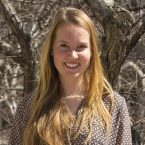
Sally Hough
African and Middle Eastern Studies, BA, McGill University
2016 intern with IMPACT, Laikipia

Meghan van Aardt
International Development and Anthropology, BA, McGill University
2016 Intern with ILEPA, Narok

Christina Puzzolo
International Affairs, MA, The New School, New York
2016 Intern with SORALO, Olkiramatian, South Rift

Daniel Silver
Environmental Studies, Bachelor of Arts and Science, McGill University
2017 Intern with SORALO in Olkiramatian, South Rift
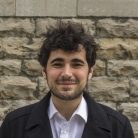
Liam Ragan
Anthropology, Environment and Social Entrepreneurship, BA, McGill University
2017 Intern with SORALO in Olkiramatian, South Rift

Laurence Dagenais-Poulin
Languages, Literatures and Cultures, BA, McGill University
2017 Intern with ILEPA, Narok




